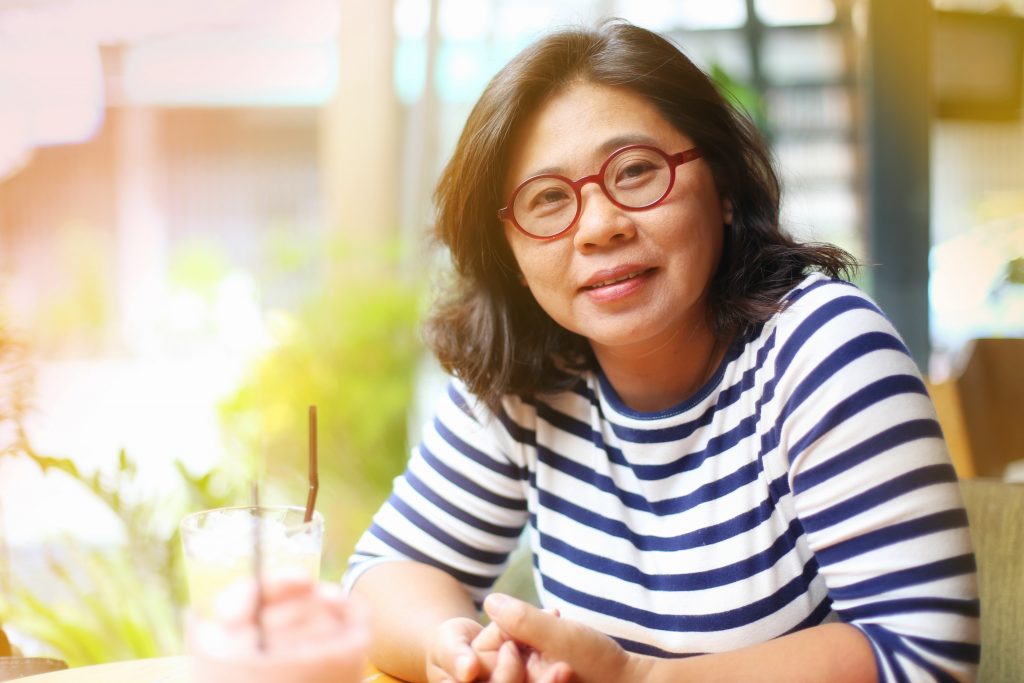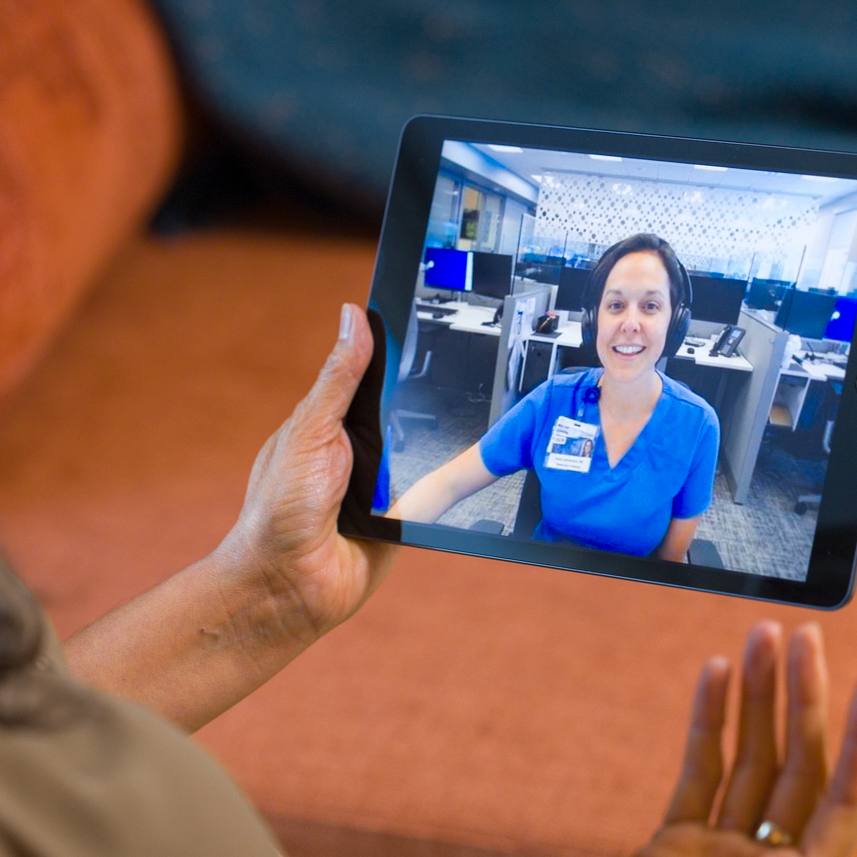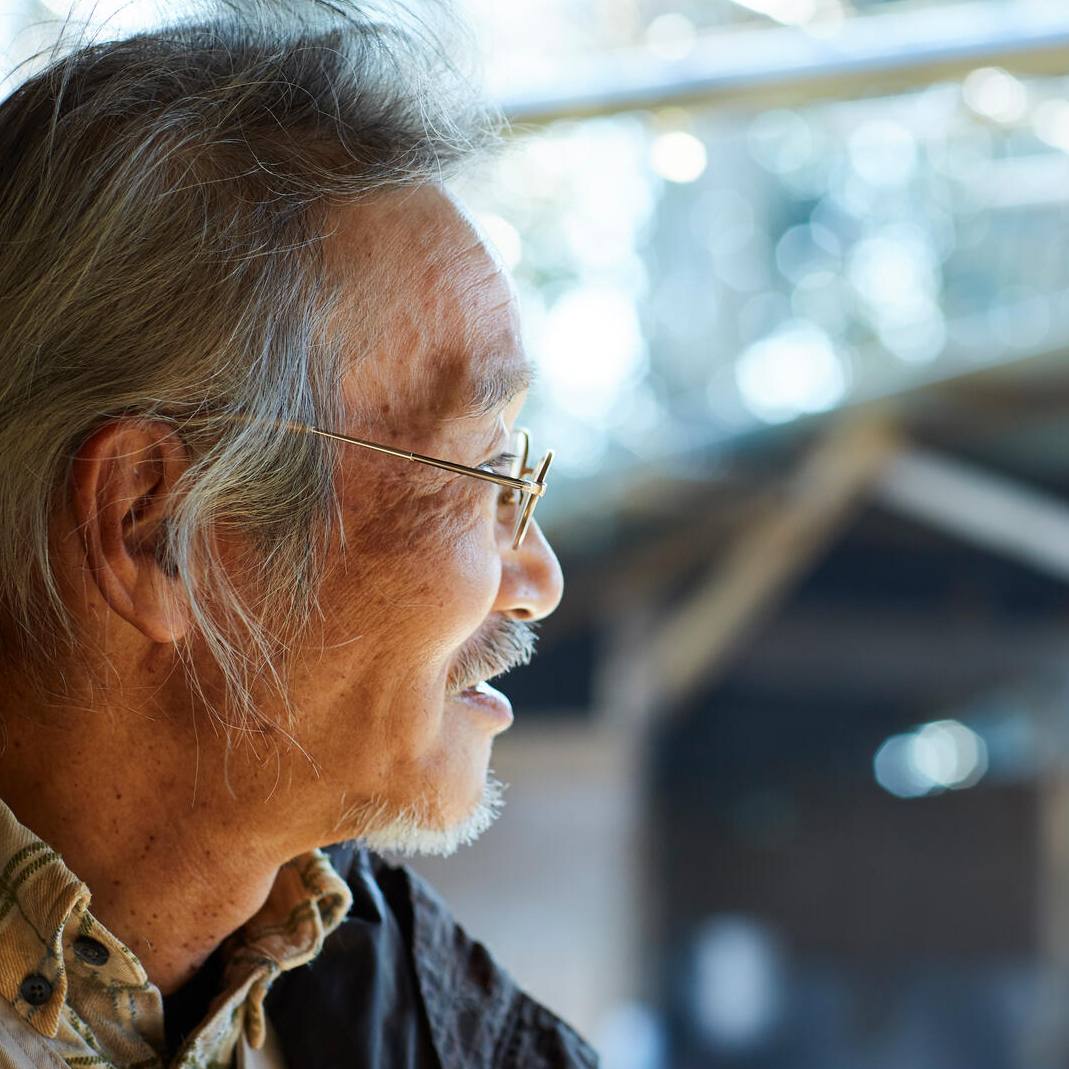-
Mayo Clinic Q and A: Osteoporosis and supplements for bone health

DEAR MAYO CLINIC: My mother had osteoporosis and suffered a devastating fall in her early 60s that she never recovered from. I am 42, and I want to be proactive about my bone health. What screening do I need, and what if any supplements are necessary to optimize my bone health? What factors can help me maintain strong bones as I age?
ANSWER: Osteoporosis is a condition that causes the bones to thin and lose their strength. When bones become weaker, sudden fractures can occur, even with minimal trauma. A calcium-rich diet is important to maintain optimal bone health and prevent osteoporosis. So, too, is vitamin D, which helps the body absorb calcium to be deposited into bones. The amount of calcium and vitamin D needed to optimize bone health increases with aging.
Circulating estrogen also is nurturing to bones. Consider the analogy that calcium and vitamin D are the bricks of the bone and estrogen is like the mortar that holds it all together. While both men and women are at risk for developing osteoporosis as they age, women have a greater risk because they start to lose bone mass after menopause due to decreasing estrogen levels. Women can rapidly lose bone mass for up to 10 years after menopause begins.
Many factors contribute to bone loss and increase the risk of osteoporosis, including:
- Family history of osteoporosis or fractures related to osteoporosis.
- Nutrition, specifically inadequate calcium and vitamin D consumption.
- Smoking.
- Body weight. A smaller, lighter body weight can increase the risk of decreasing bone mass.
- Exercise. A sedentary lifestyle will increase the risk of osteoporosis. Weight-bearing exercises, such as walking, jogging, tai chi and weightlifting, can increase bone strength.
- Medication use. Certain medications can lead to thinning of bones with prolonged use.
- Racial differences. People of Asian and Caucasian descent are at higher risk, but African Americans tend to have more severe bone breaks.
Osteoporosis is typically detected using a bone mineral density test, which is quick and painless. This test is also known as a dual X-ray absorptiometry, or DXA, scan. This test accurately measures the amount of calcium in bone and determines the density of bones, usually in the hip, spine, wrist or heel.
Screening is usually guided by age, family history and other factors, such as a past fracture or cancer treatment. Your health care team can help determine when you would be eligible to start bone mineral density screening and how often screening should occur.
Menopausal hormone therapy also may be recommended for some women to defend their bones against rapid thinning. Also, several medications may be considered to stop ongoing loss or rebuild lost bone mass.
Regardless of whether you have already been diagnosed with osteoporosis, it is important to remember that a healthy lifestyle, exercise, a well-balanced diet, and optimal calcium and vitamin D levels can help prevent ongoing bone loss.
These are the daily recommended guidelines for calcium and vitamin D:
- Calcium
Those 50 and younger should strive for 1,000 milligrams daily. Those over 50 should aim for 1,200 milligrams daily. - Vitamin D
Those50 and younger should strive for 400–800 international units daily. Those over 50 should aim for 800–1,000 international units daily
Daily intake goals for calcium include the total amount of calcium from food or supplements combined. Certain people may need more units daily if vitamin D deficiency is detected.
As far as what to eat or drink to meet daily intake goals, consider these recommendations:
- Traditional dairy products, such as milk, yogurt and cheese. For example, one 8-ounce serving of skim, low-fat or whole milk contains about 300 milligrams of calcium.
- Plant-based milk, such as almond, cashew or oat.
- Certain vegetables, including broccoli, kale and spinach.
- Whole salmon.
- Certain cereals, juices and breads with added calcium. Check the Nutrition Facts labels for specifics.
It can be difficult to consume the daily requirement of calcium through diet alone. In this case, it is best to take a supplement that makes up for what you don't get in the diet. Be careful not to exceed the daily allotment, as this may result in unwanted side effects.
When shopping for supplements be sure to look for the United States Pharmacopeia (USP) seal or "purified" on the label. Most calcium supplements will need to be taken with food for better absorption. The label will tell you if this is necessary.
Your gut can only absorb a limited amount of calcium at one time — 500–600 milligrams or less. So it is important to spread your calcium consumption throughout the day.
When exposed to sunlight, your skin can make vitamin D, but amounts vary based on climate, skin pigmentation (darker pigmentation limits vitamin D absorption), age, season and more. Few foods contain vitamin D, but common sources include wild-caught fish, such as salmon, mackerel and tuna, as well as dairy products, juices and fortified cereals.
It is difficult to meet vitamin D requirements with food and sunlight alone. Most people will need to take a vitamin D supplement. These supplements can be taken with or without food, and the entire daily allotment can be taken at once.
With the right lifestyle modifications, you should be able to maintain strong and healthy bones as you age. — Dr. Taryn Smith, Women's Health, Mayo Clinic, Jacksonville, Florida
****************************
Related Articles
- Mayo Clinic Q and A: Osteoporosis and exercise published 5/27/22
- Mayo Clinic Q and A: Osteoporosis and a bone-healthy diet published 5/19/22
- Consumer Health: Osteoporosis and exercise published 5/13/22
- Mayo Clinic Minute: What women should know about osteoporosis risk published 5/9/22
- Mayo Clinic Minute: Osteoporosis affects men, too published 6/21/21
- Consumer Health: Treating osteoporosis published 5/28/21
- Consumer Health: How some types of osteoporosis drugs can hurt your bones published 5/18/21
- Consumer Health: Staying active and exercising with osteoporosis published 5/9/21
Related Articles







